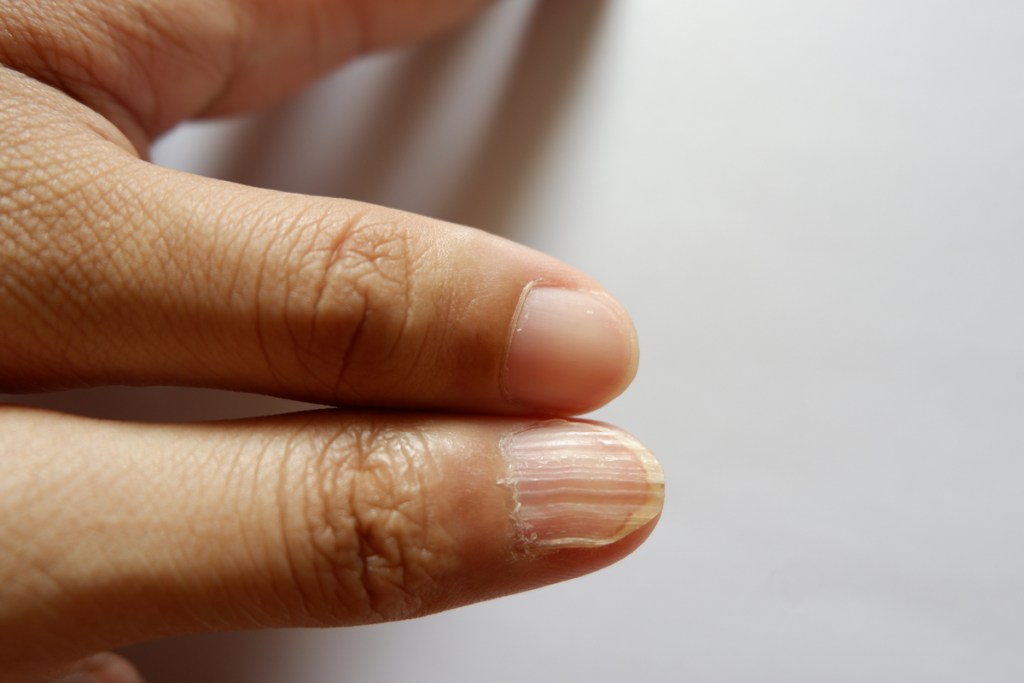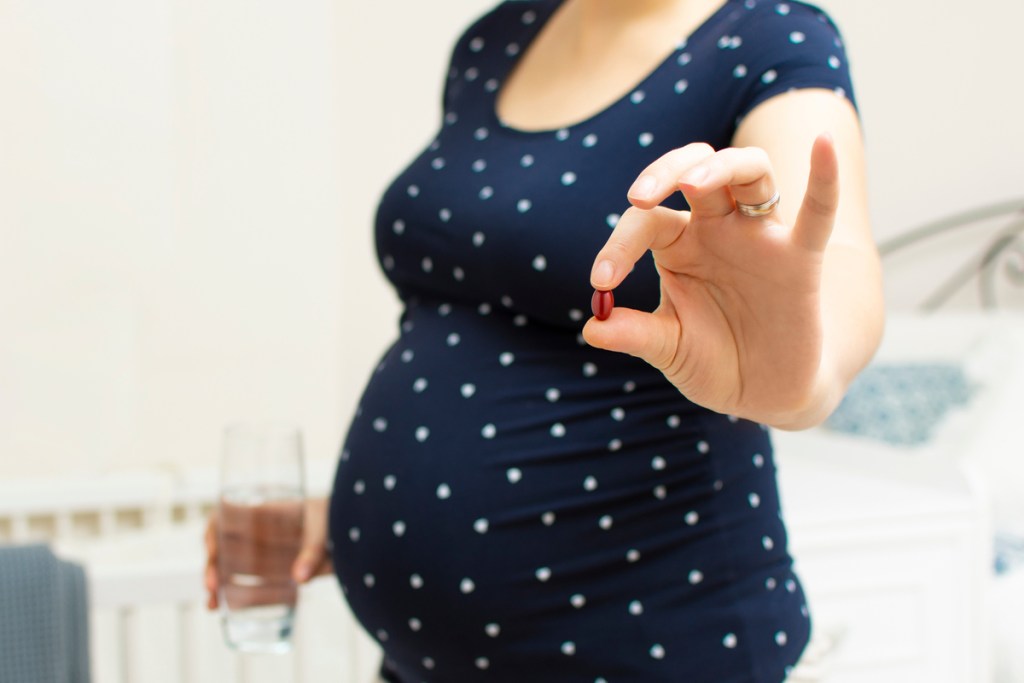
Fatigue is one of the most common complaints when a patient visits their doctor’s office. The effects or symptoms are obvious–tiredness is decidedly difficult to ignore–but the cause or causes can be ambiguous, at least at first.
One of the most common causes of fatigue is not getting enough iron in your diet. Iron is an important mineral that the body needs to help your carry oxygen through your body and make certain hormones. Having sufficient iron is critical to good health–which is why your body reacts pretty poorly when it’s not getting enough.
Again, however, just because you’re fatigued doesn’t mean you have an iron deficiency. You’ll need to talk with your doctor to make a firm diagnosis. Afterward, various solutions including an iron supplement may be in order.
Here’s what you need to know about iron deficiency, fatigue, and ways to address the issue.

How do I know if I have an iron deficiency?
According to information from the Mayo Clinic, iron deficiency should be diagnosed by a doctor using a blood test. Don’t try to diagnose or treat it on your own, as having too much iron in the body can also be problematic.
In addition to fatigue, some possible warning signs of iron deficiency can include:
– General weakness in the body
– Chest pain
– Rapid heartbeat
– Shortness of breath
– Headache
– Dizziness
– Cold hands and feet
– Pale skin
– Inflammation or soreness of the tongue
– Brittle nails
– Poor appetite or unusual food cravings
What causes iron deficiency?
There are several causes, including recent blood loss or pregnancy, during which your body needs more iron to nourish itself as well as the growing fetus.
However, the most common reason in the general population is simply not getting enough iron in your diet. You may be at particularly high risk if you follow a plant-based diet like vegetarianism or veganism, as meat is the most common iron-rich food in the average Western diet.

Should I take iron supplements?
If your doctor confirms that you have an iron deficiency, iron supplements can be an effective and convenient option.
As with diagnosing iron deficiency, however, you’ll need your health care professional to determine whether supplements are right for you and guide you on the correct dosage.
According to the National Institutes of Health, the amount of iron your body needs depends on several factors, including sex, age, diet, and health status. That’s why it’s important to work with your doctor to determine the root cause of your fatigue and whether or how iron might fit into the problem and the solution.
If you do take supplements, there are ways to ensure your body is absorbing the iron properly. After all, if your body doesn’t absorb it efficiently, the process won’t be nearly as effective.
Some rules of thumb include:
– Take iron supplements on an empty stomach (unless they upset your stomach, in which case you can take them with food)
– Avoid antacids for two hours before or four hours after taking iron
– Take a vitamin C supplement or consume something high in vitamin C when you take your iron supplement, as it helps with iron absorption
– Avoid caffeinated beverages like coffee or tea alongside iron, as this can result in poor absorption
What else can I do to address iron deficiency?
If you don’t have enough iron in your diet, you can simply increase the amount of iron you’re taking in as part of your daily diet.
Some examples of iron-rich foods include:
– Lean red meat
– Pork
– Poultry items like chicken or turkey
– Seafood, particularly shellfish and “oily” fish like salmon or sardines
– Beans, peas, lentils
– Tofu and other soy products
– Leafy green vegetables including spinach
– Some dried fruits, most notably prunes, raisins, and apricots
– Iron-enriched cereals and bread products
Iron deficiency can cause fatigue and other problems in the body, and as such needs to be taken seriously. The good news is that the condition is treatable, with supplements or iron-rich foods being effective options in most cases.
Even so, it’s important to work with your doctor to get the right diagnosis. Just because you are fatigued does not mean you have an iron deficiency, and if you do indeed have an iron deficiency, you’ll need your health care professional to help you figure out the best course of action.
BlissMark provides information regarding health, wellness, and beauty. The information within this article is not intended to be medical advice. Before starting any diet or exercise routine, consult your physician. If you don’t have a primary care physician, the United States Health & Human Services department has a free online tool that can help you locate a clinic in your area. We are not medical professionals, have not verified or vetted any programs, and in no way intend our content to be anything more than informative and inspiring.




